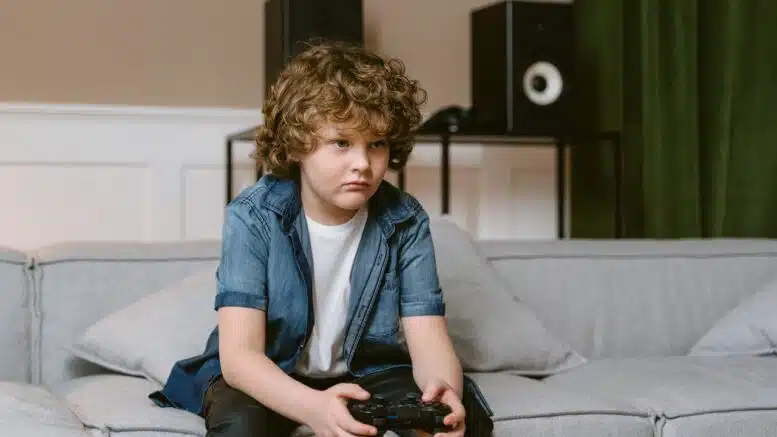One role you will inevitably play during your time as a foster carer is novice therapist. Whether that is listening to a disclosure, or communicating with your foster children as they move through their journey, there are lots of things to hear and process. While you will never be expected to psychoanalyse every iteration, understanding trauma and common strategies will be beneficial.
How Will Your Agency Help?
Your chosen agency will help you in the journey to becoming a foster parent by providing essential, obligatory training. These skills that you learn throughout the modules will empower you and enhance your abilities in a way that you never thought possible. You will have a lot to discover, and it is all worth the investment of time and energy. Your agency will talk a lot about how to recognise and respond to the common symptoms of trauma, which all manifest in different ways.
Being Gentle
It is extremely beneficial for foster carers to embrace their gentle sides when walking a new path with a child in care. Gentleness is more than just kind words and a warm smile, it is about listening, practicing patience, and seeking connection. Your child may never open up to you, or they might tell you everything. It is an important part of their self-understanding to process their trauma, and you should never actively seek out these conversations, but you should always be ready to listen and respond.
Responsiveness
Never leave a conversation about something traumatic stuck in the air. Every time a child opens up to you or has some kind of trauma-related symptom, it should be checked and noted and completely acknowledged. Let the child know that you will have to pass it on to their social worker, but also reiterate that you will act on this information only if they want you to.
Understanding the Routes of Support
There are lots of different routes of support for looked after children. Depending on their age there could be provision in a therapeutic setting or an educational one. Some children take longer than others to recover from their trauma, and other kids have simply been through more and need more space to process. It is important that you are willing to explore the different outlets with them so they know what is on offer and what kind of things might help.
Encourage Healthy Habits
Children must be allowed to exist in a safe space and reminded that not everything is about their negative experiences. Healthy habits are a wider focus that anyone can dive into, and it can be a fun activity to experience together as well! Whether it is exercise or cooking a healthy meal, there are lots of things to do in this area. Encouraging this type of understanding and engagement will help them grow into adults who engage with self-care and feel confident to know how to look after themselves.
Recovering from any traumatic experience takes time. The role of the foster carer is to listen and seek out routes of support that are appropriate, but they are an integral part of this journey.
